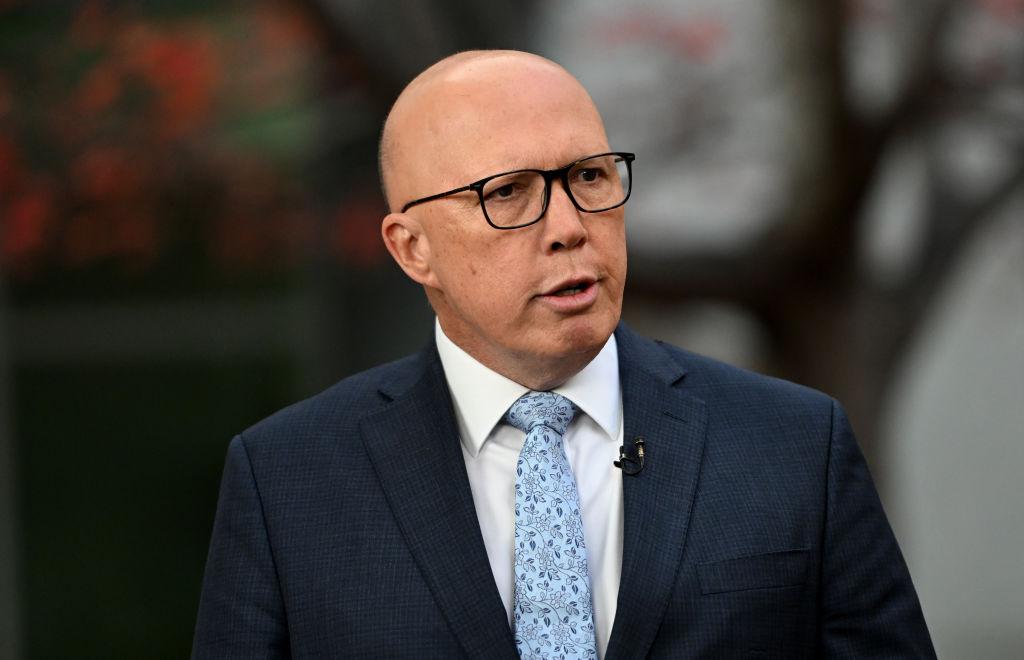Commentary
The Australian government has recently released a report with incomplete and potentially misleading information to justify its claims about a so-called gender pay gap. Now it states that it will not award contracts to companies that do not have a plan in place to achieve gender pay equity.





